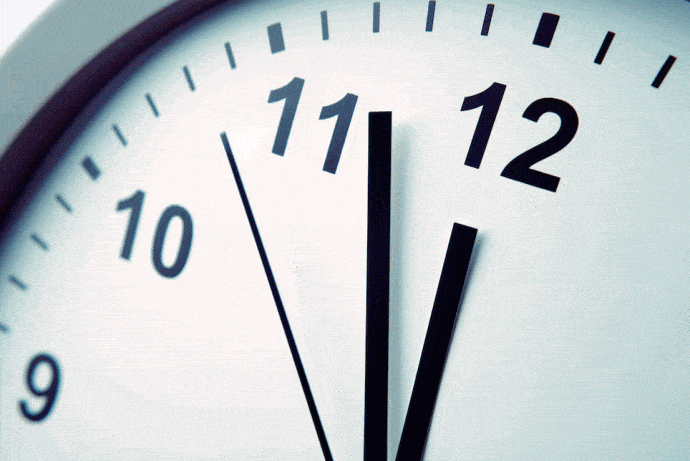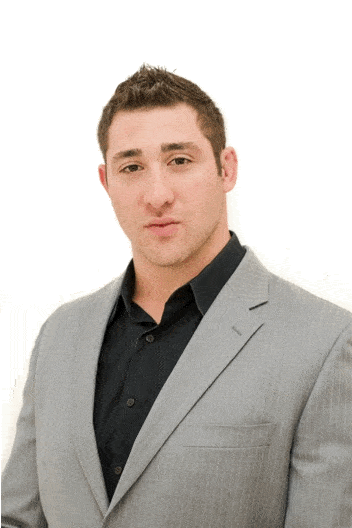Take Responsibility for Your Mistakes Without the Guilt
June 2, 2022 9:00 AM EST | 4 min read
Taking responsibility for our mistakes is a difficult lesson, and one that I was reminded of recently.
“Okay, your turn”, my girls shouted from the backseat during our long car ride back from skiing.
“Tell us the biggest mistake you ever made.”
“Well I’ve made a ton of mistakes”, I responded, “too many to count.”
“Honestly”, I continued, “in my mind, mistakes only happen when you don’t learn anything from them.
If you learned something, then perhaps it wasn’t a mistake after all.”
The girls didn’t have much to say after that.
However, for me, it left me wondering.
If this was true, then why do people waste so much energy beating themselves up over them?
You will also enjoy our article on responsible person.
Stop Beating Yourself Up
Mistakes are defined as a misguided act or judgment.
They often come from misunderstandings, lack of communication, lack of awareness, or rushing.
They range from small ones, such as spilling an entire carton of blueberries at the grocery store (like I did), to bigger ones such as lying, cheating, or stealing.
The challenge is, if you grew up with harsh punishments, criticism, or you have low self-esteem, wanting to take responsibility for your mistake is probably the last thing on your mind.
Mistakes are tricky because people tend to personalize them.
Rather than say, “I made a mistake”, instead, they somehow become the mistake.
For example, if they get into an argument, they are more likely to see the relationship as being wrong rather than as an opportunity to learn ways to communicate better.
How To Take Responsibility for Your Mistakes
I believe the first step in accepting responsibility for your mistakes is to acknowledge the way in which you might have minimized, hurt, avoided, or ignored what was happening in your life.
Very often, we get so engrossed in our thoughts and situations we lose track of how we are responding (or not) to them.
For example, you may get caught up in replying to an email that you forgot to pick up the milk.
You get home and rather than take responsibility for your oversight, you complain about how no one appreciates how hard you work.
Handling things this way leaves you feeling tense, fed up, and frustrated.
Without taking this first step, the details in your head can begin to dominate your life.
You know this because you may spend a lot of energy picking apart, analyzing, explaining – and in many cases defending – your position.
Here’s the thing, darling, it is not about the damn details.
It is the way in which you choose to disregard (and in some cases, disrespect) yourself and others.
So you didn’t study for a test and you failed it.
Yeah, you could have made a more proactive choice.
However, if you truly dig underneath your decision, you’re sure to discover how you had been reacting to things that are happening in your life.
Final Words…
Seeing mistakes as feedback, and opportunities for growth, learning, and development, will help.
If you’re still not quite sure about how to take responsibility, I will tell you that your mistakes are highly connected to your purpose.
Yes, I said purpose.
If you don’t know what that is yet, taking accountability for your mishaps will help reveal it.
Sure you could play it safe: cut yourself off from the world, put up a wall, and blame it on the economy.
My friend, in order to live a life of fulfillment, you got to take it easy and give yourself permission to make mistakes.
They will make you stronger, wiser, and humble.
After all, the honorable, Mahatma Gandhi once said: “Freedom isn’t worth having if it doesn’t include the freedom to make a mistake.”
Tell us your biggest mistake in the comment section below and what you learned from it! Sherianna Boyle is the author of Emotional Detox, Simon & Schuster, 2018 and six other titles.
She is a professional speaker, adjunct Psychology Professor, seasoned yoga instructor, and Quantum Healing Practitioner.
Her books and resources can be found at www.sheriannaboyle.com











